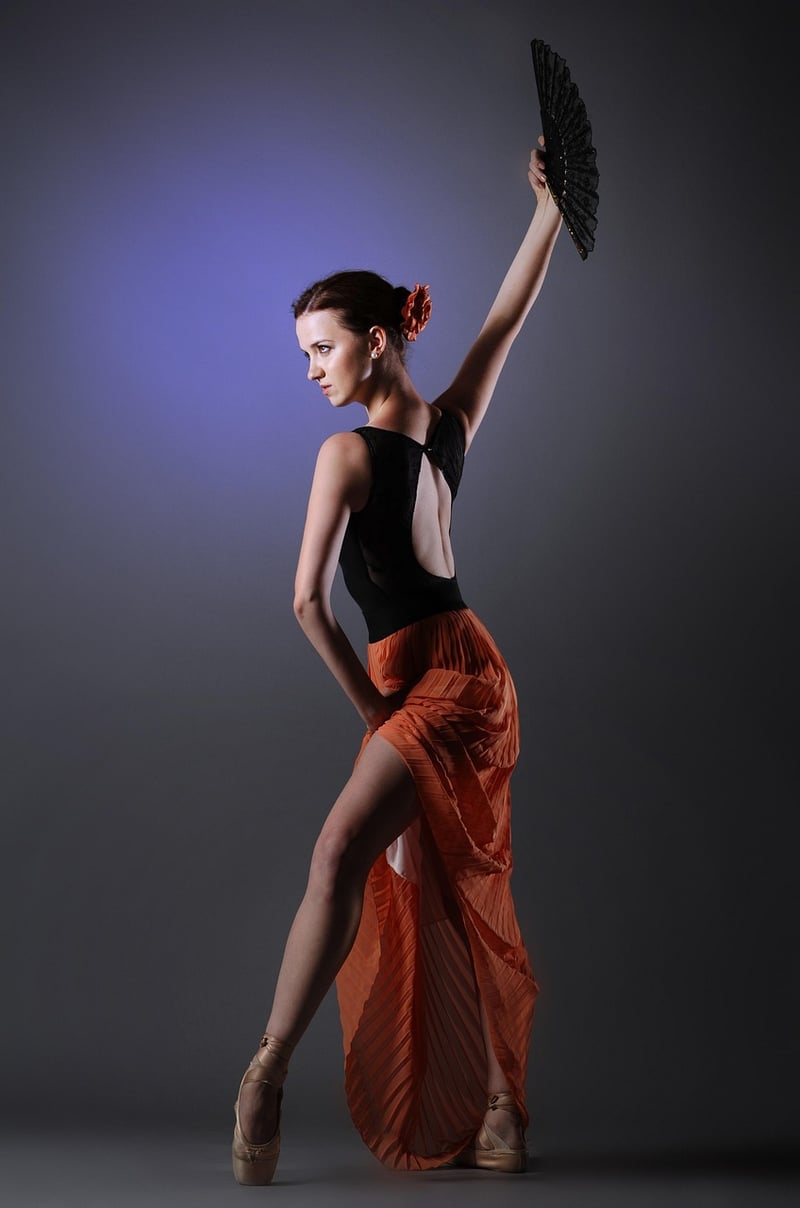Hip Hop
Exploring Expressive and Rhythmic Movement Forms in Hip Hop
When it comes to dance, Hip Hop stands out as a vibrant and dynamic genre that incorporates various expressive and rhythmic movement forms. From fluid isolations to sharp beats, Hip Hop dance encompasses a wide range of styles that allow dancers to express themselves creatively while grooving to the music.
Fluid Isolations
One of the key elements of Hip Hop dance is fluid isolations, where dancers move specific body parts independently while maintaining a smooth flow. This technique requires control and precision, allowing dancers to create visually captivating movements. From waving to body rolls, fluid isolations add a layer of intricacy to Hip Hop choreography.

Sharp Beats and Staccato Movements
Another defining feature of Hip Hop dance is the use of sharp beats and staccato movements. Dancers often hit accents in the music with quick, precise movements that emphasize the rhythm. This style adds an element of power and attitude to Hip Hop choreography, making it dynamic and engaging to watch.

Freestyle and Improvisation
Hip Hop dance also values freestyle and improvisation, allowing dancers to express themselves spontaneously through movement. Freestyle sessions are an essential part of Hip Hop culture, where dancers showcase their individual style and creativity on the dance floor. This element of improvisation adds a sense of authenticity and raw energy to Hip Hop performances.
Conclusion
Expressive and rhythmic movement forms are at the core of Hip Hop dance, making it a versatile and captivating genre for dancers and audiences alike. Whether it's fluid isolations, sharp beats, or freestyle improvisation, Hip Hop offers a platform for creativity and self-expression through movement.
So next time you hit the dance floor, channel your inner hip hop artist and let the music guide your expressive and rhythmic movements!
